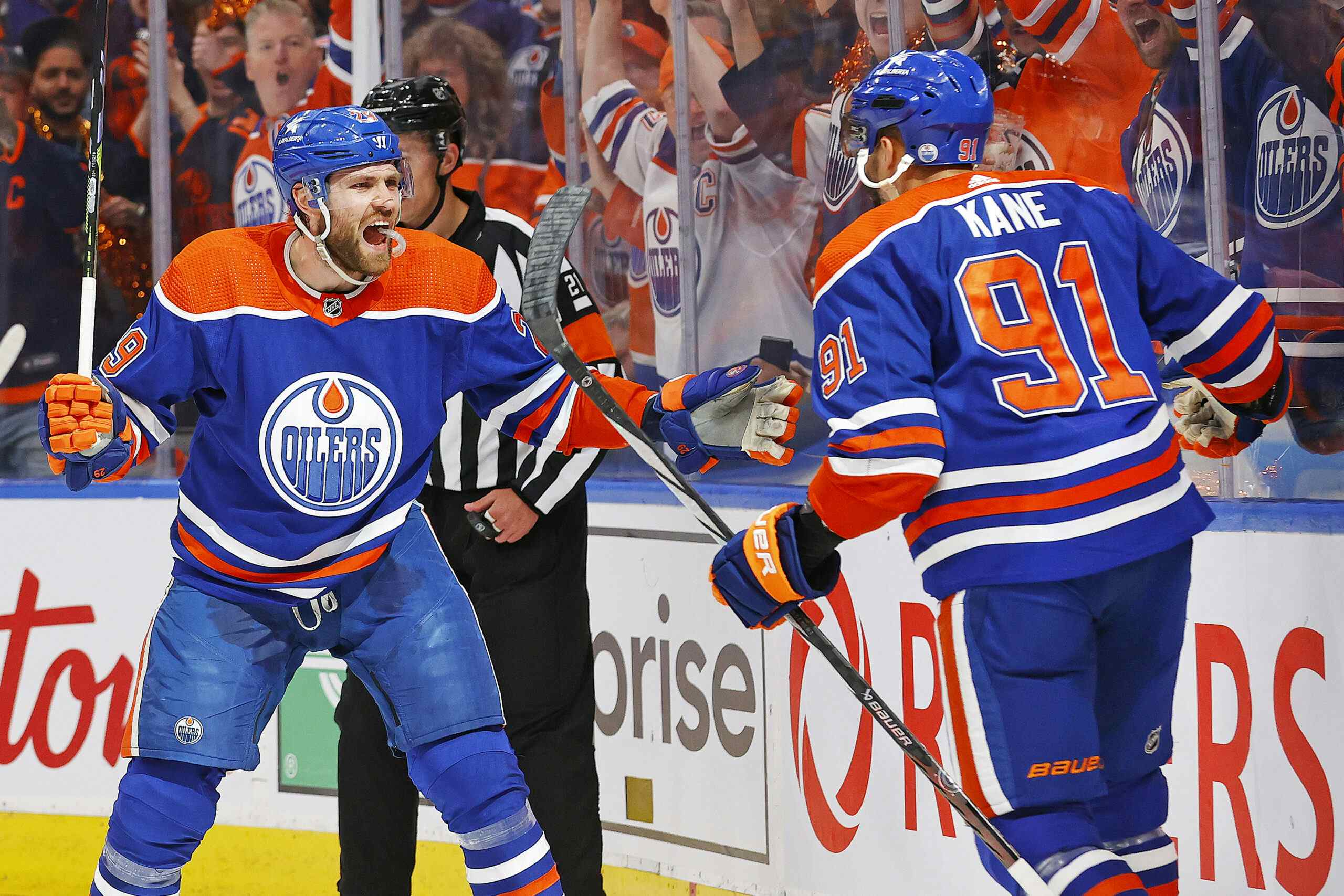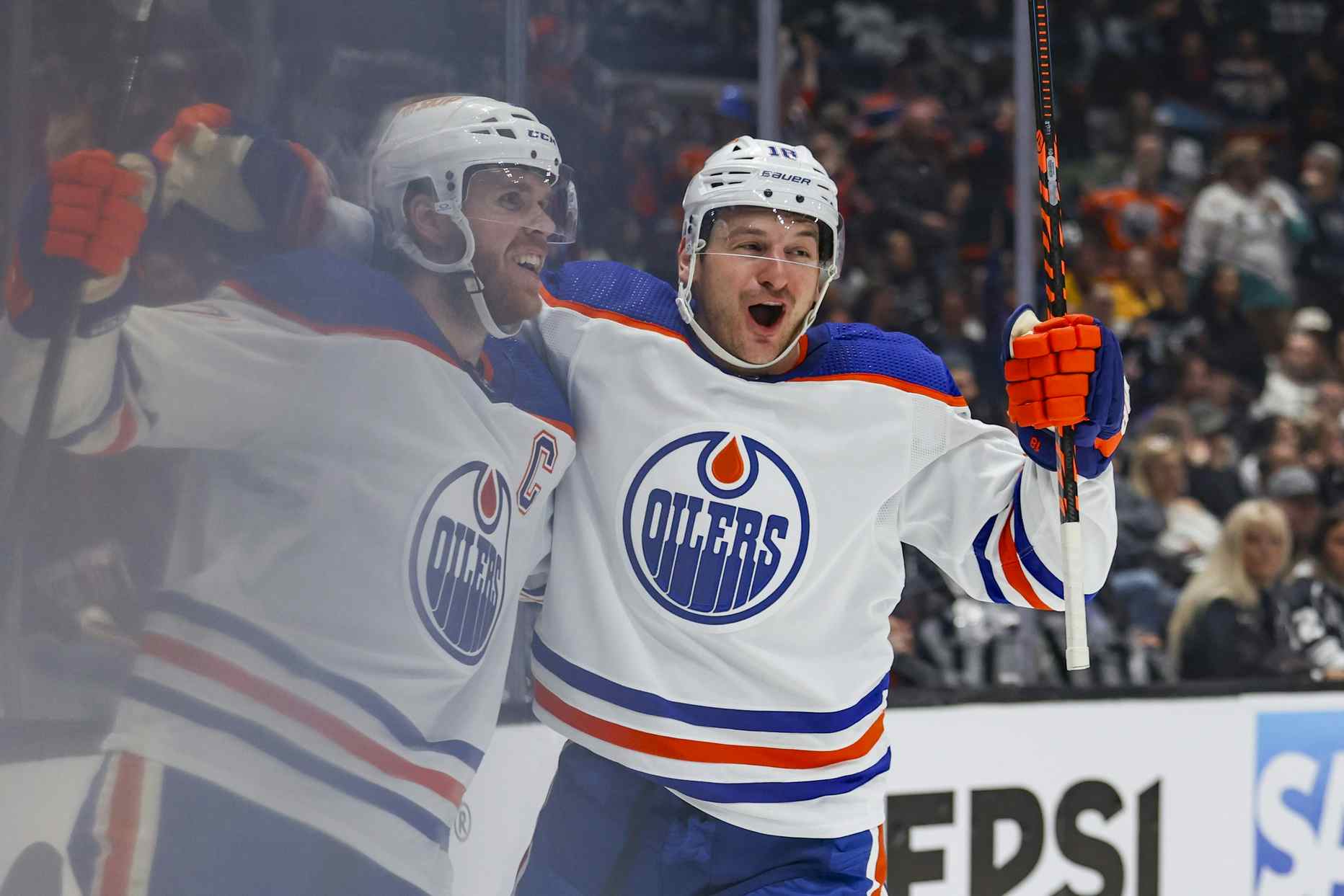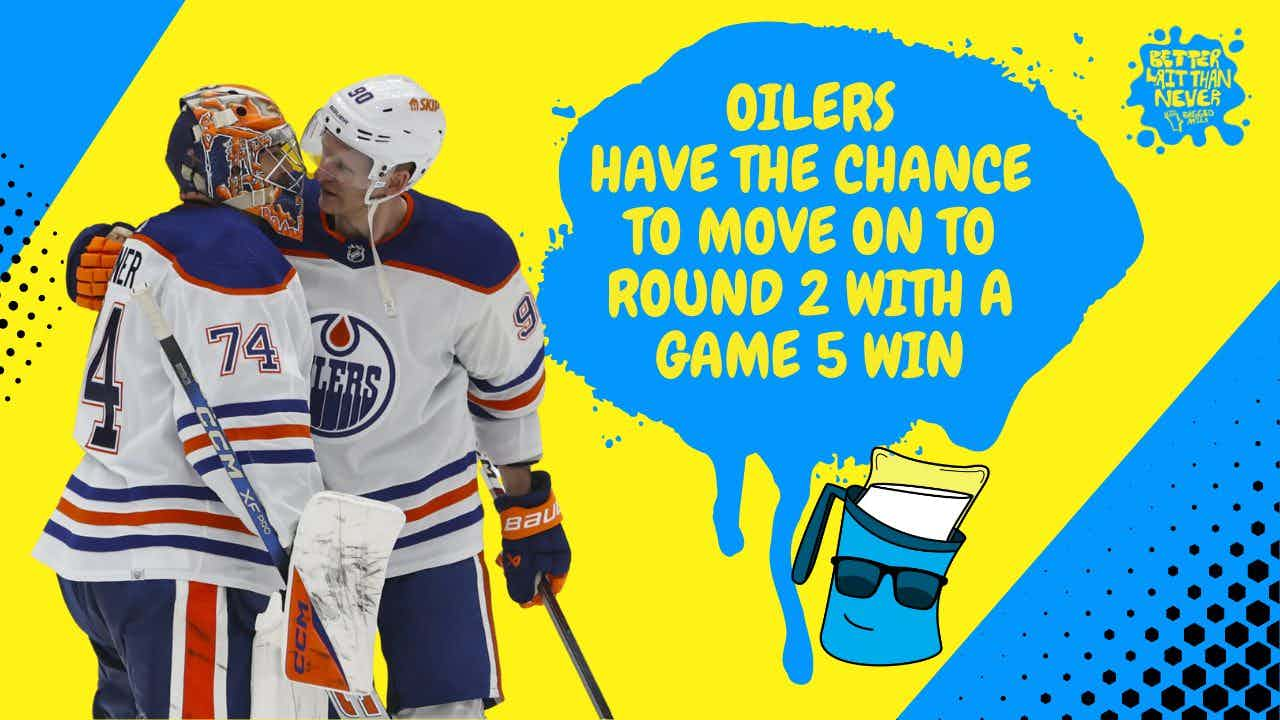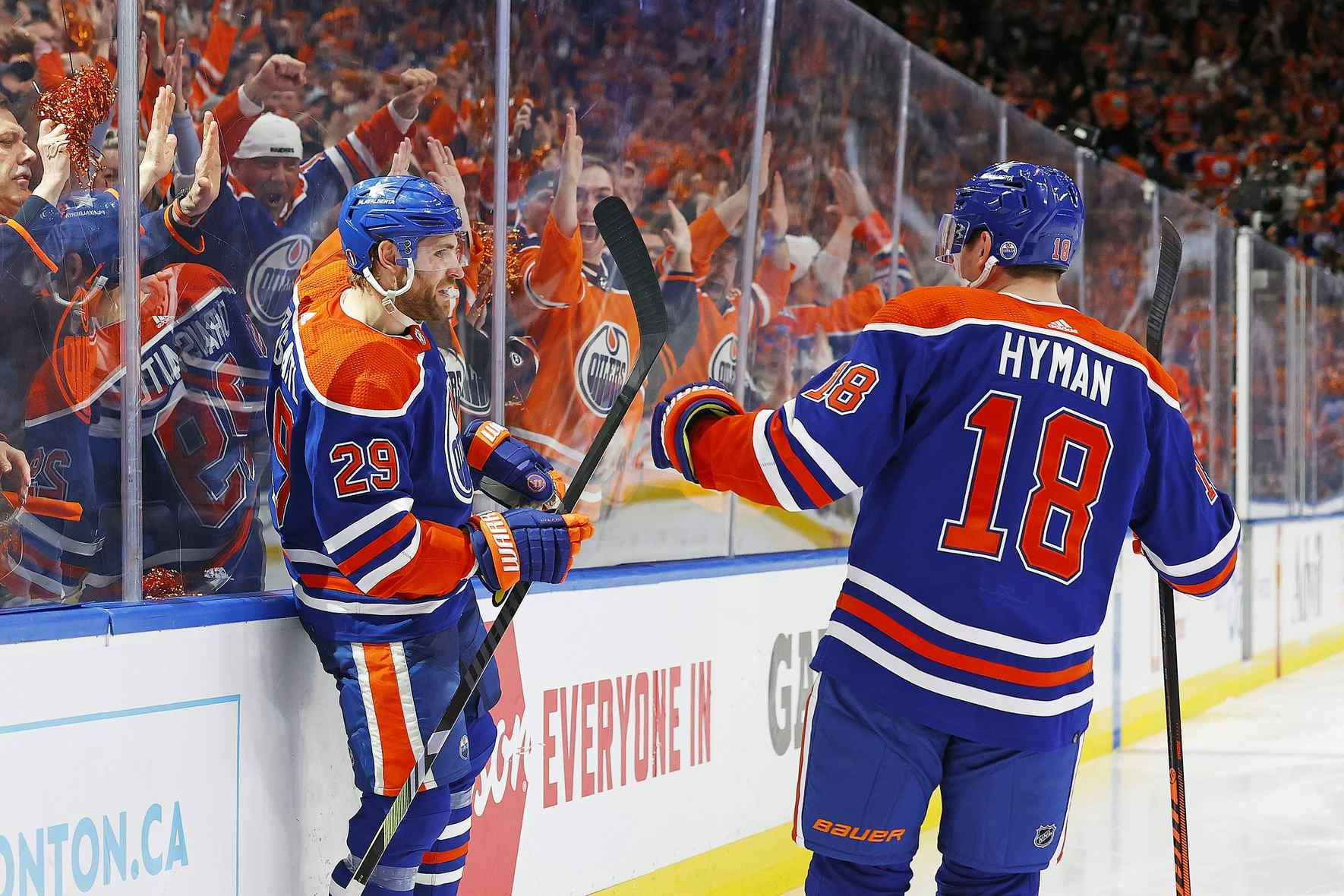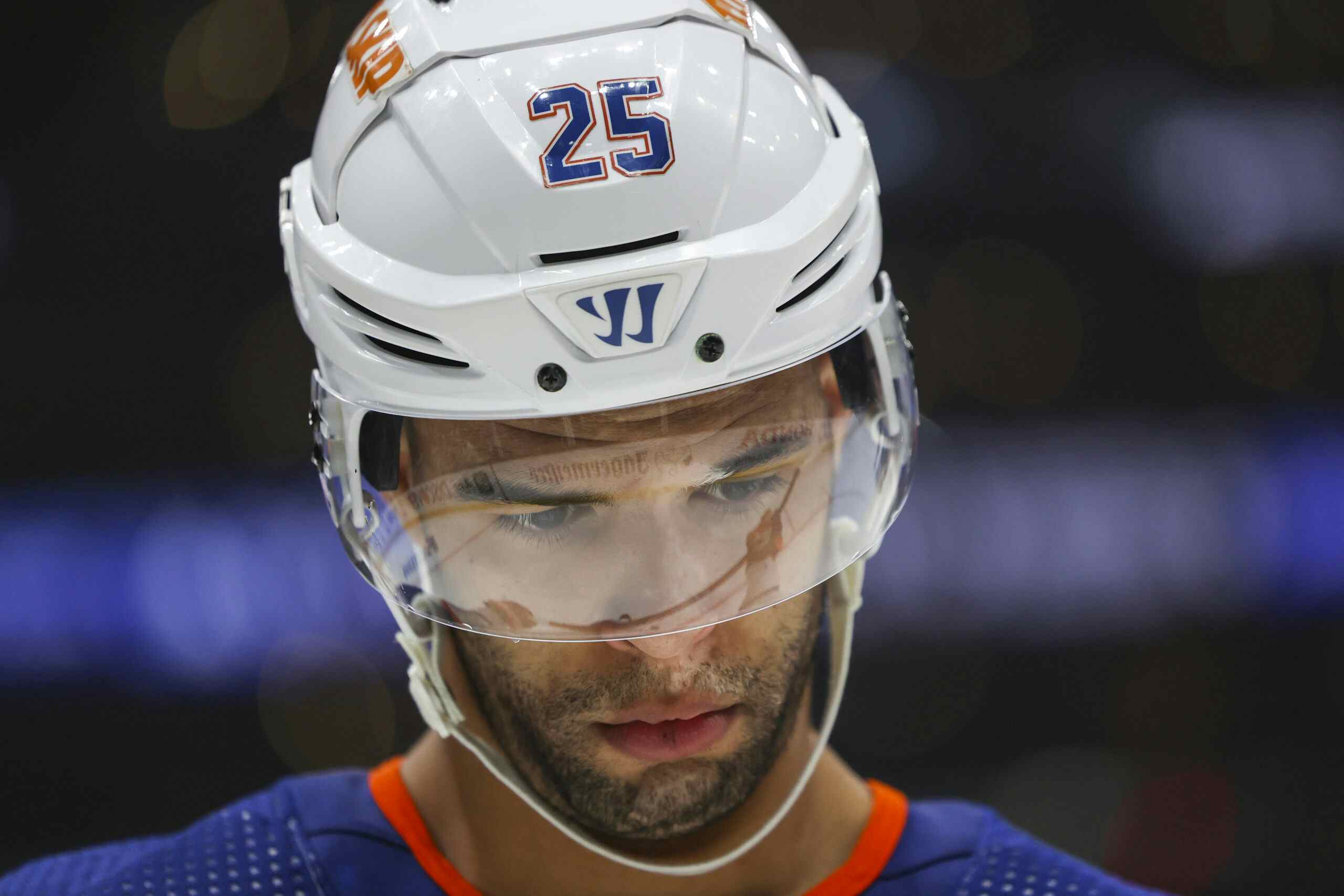The NHL and their big four!

Ever since the start of this crazy lockout I always felt there was more to the league’s stance then just the hockey-related revenue. Although getting to a 50/50 split is a pretty big chuck of change that the players will go without, it is just dollars and cents. It isn’t a systemic issue. The money can be divided up.
After sifting through the tea leaves of all the talk the past week from both sides it is clear to me there are systemic issues. Here are the NHL’s big four.
1. Entry level contracts reduced from three to two years.
2. Unrestricted free agency pushed back a year from 27 to 28 or 7 years’ service to 8.
3. Arbitration pushed back to five years.
4. Five-year limit on contracts.
So what’s the big deal for the players? Why don’t they just accept all these slight adjustments to a new CBA? It won’t make a big difference for them, will it?
I will agree that if the NHL was only asking for one of these of the four, maybe even two that the effect wouldn’t as big for the players. But all four! Oh yeah, it will have a big impact!
The NHL wants all of these in place to cut down on second contracts. That is it, plain and simple. A consequence of the last lockout and the CBA done then was a big change in the numbers for second contracts. Gone were the days of smaller increases on one, two or three year deals. It was now all about big second deals to buy up years of unrestricted free agent years.
Why did teams do it? Players were now only four years away from unrestricted free agency. If they were given a two-year deal after their three-year entry level deal, they were only two years away from UFA status. Most players like to get to UFA status so unless you blew them away with a huge deal to catch their eye, which many teams have done, the player could walk away two years later.
Now the NHL is pushing back and if they get these new contract checks and balances in place the landscape will change quite a lot.
This is how it would work….
Player A is drafted and signs a two year entry level deal. Once the entry level deal is done he is still six years away from free agency, not four like the old CBA. He also is not eligible for arbitration for three more years. What leverage does he have? None. The maximum contract length is five years so a discussion that includes a length of contract that would eat into UFA seasons is impossible. The team owns him so the second deal will much smaller and shorter. That is what the NHL is after.
I can hear you all screaming at your computers that the players make too much already and they should just be happy with what they get. I won’t argue with you one way or another on that. I am just explaining the reasons why the NHLPA is fighting these contract issues.
I am not a fan of big second contracts. I feel it is best to go shorter to keep the players hungry. Are all players affected by big second deals? No, but I have seen too many in my time that were.
OKC

I watched the OKC vs. Abbotsford game this weekend. Nice to see these kids play and start to develop my own opinion on them.
I was watching the defencemen closely. I was surprised by the way Schultz used his stick defensively. He used it to close off passing lanes and poke pucks away. I didn’t expect that from him. Someone has taught him those skills well.
The flip side of that was the play of Teubert and Plante. They moved their feet better than the reports I read suggested but I am concerned with their stick play. Often both would go into the corners holding their stick in both hands at hip level. Useless. May as well leave the sticks on the bench. They make themselves smaller and it is much easier to pass around them.
Get those sticks on the ice boys with one hand on your stick! It will make life way easier for you.
Previously by Jason Strudwick
- A chat with Ryan Whitney
- Good call, Teddy Peckham!
- A chat with Mitch Moroz
- Islanders and Oilers… still tied at the hip?
- A little bit too Eager
- AHL development
Recent articles from Jason Strudwick

